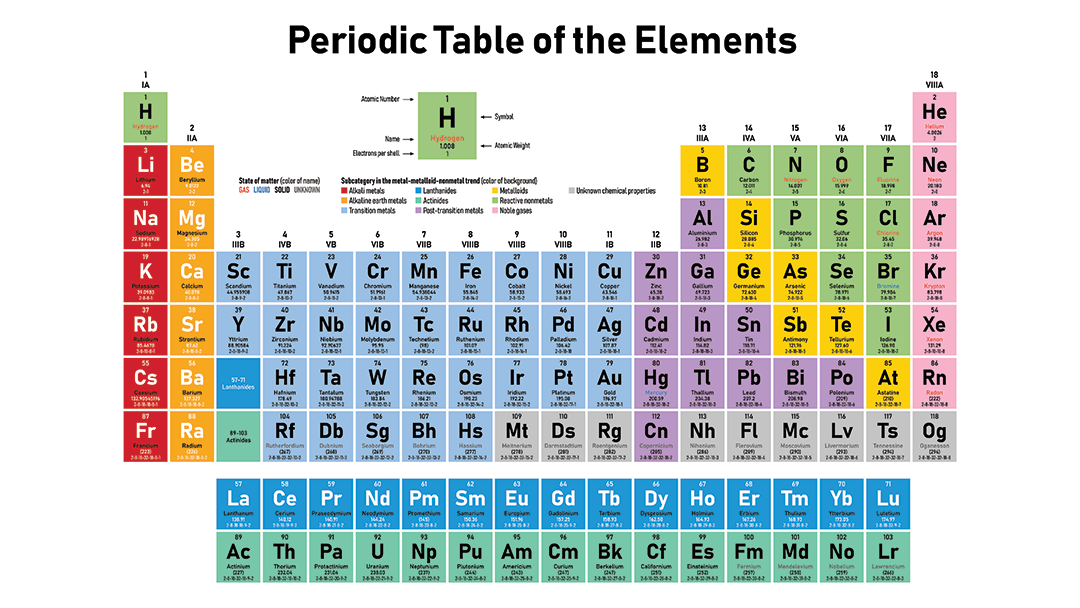Chemistry
Grade-9
Easy
Question
With which element will Hydrogen most likely bond?

- Chlorine
- Sulfur
- Argon
- Silicon

Hydrogen is group one element tend to form cation.
The correct answer is: Chlorine
- Hydrogen is group one element tend to form cation.
- Argon is a noble gas and is inert.
- Sulphur reacts with di-cations.
- Silicon generally forms covalent compounds.
- Fluorine is group 17 element, forms anion and is most likely to react with hydrogen.
Related Questions to study
Chemistry
Maximum covalency of Nitrogen is
Maximum covalency of Nitrogen is
ChemistryGrade-9
Chemistry
Electrons that involve in bond formation are
Electrons that involve in bond formation are
ChemistryGrade-9
Chemistry
All elements in the Halogen family react violently because
All elements in the Halogen family react violently because
ChemistryGrade-9
Chemistry
Where are the transition metals found on the periodic table?
Where are the transition metals found on the periodic table?
ChemistryGrade-9
Chemistry
How many elements are in the Noble Gas family?
How many elements are in the Noble Gas family?
ChemistryGrade-9
Chemistry

Chalcogens are

Chalcogens are
ChemistryGrade-9
Chemistry
Most reactive elemental gas.
Most reactive elemental gas.
ChemistryGrade-9
Chemistry

How many valence electrons are in the element Iodine?

How many valence electrons are in the element Iodine?
ChemistryGrade-9
Chemistry
Which of the statements on physical changes are correct?
Which of the statements on physical changes are correct?
ChemistryGrade-9
Chemistry
Coinage metals are:
Coinage metals are:
ChemistryGrade-9
Chemistry
A pure substance that is a compound is made out of
A pure substance that is a compound is made out of
ChemistryGrade-9
Chemistry
Match Transition metal to its right electronic configuration.

Match Transition metal to its right electronic configuration.

ChemistryGrade-9
Chemistry
Which of the following is the correct order in which the stability of the +2 oxidation state will exist for the four succeeding transition elements (Cr, Mn, Fe, and Co)?(At nos. Cr = 24, Mn = 25, Fe = 26, Co = 27)
Which of the following is the correct order in which the stability of the +2 oxidation state will exist for the four succeeding transition elements (Cr, Mn, Fe, and Co)?(At nos. Cr = 24, Mn = 25, Fe = 26, Co = 27)
ChemistryGrade-9
Chemistry
Which of the following ions will result in an aqueous solution that is colourless? (atomic no. Sc = 21, Fe = 26, Ti = 22, Mn = 25)
Which of the following ions will result in an aqueous solution that is colourless? (atomic no. Sc = 21, Fe = 26, Ti = 22, Mn = 25)
ChemistryGrade-9





